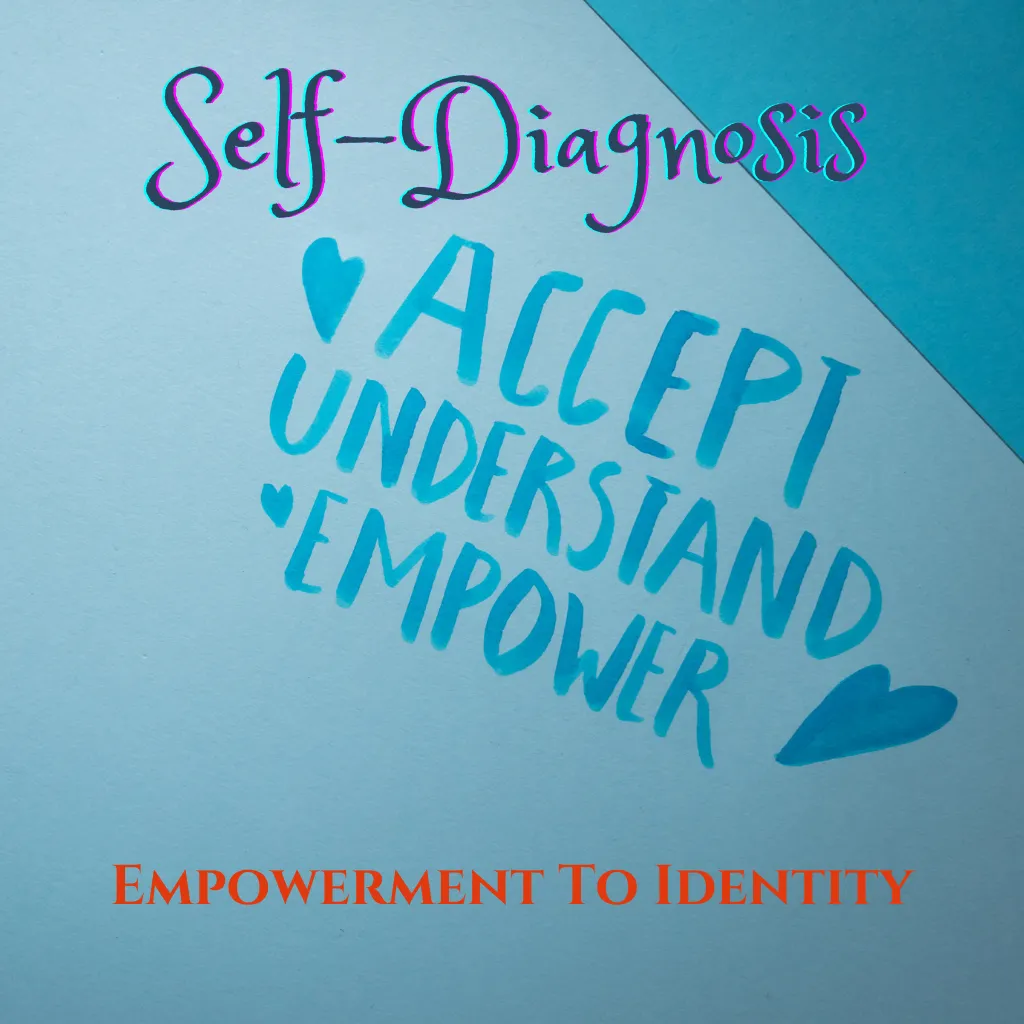
Self-Diagnosis and the Power of a Supportive Community
This article was written by FlowArt Therapy's Rowan Nairn, who specializes in working with queer and neurodivergent individuals, couples, and polycules processing through identity and trauma. Rowan is currently welcoming new clients at our practice.
I truly appreciate those in my life who helped me understand and accept my own neurodivergence, because it was both a fast and a slow process. I received their diagnosis later in life, in my case it was self-diagnosis with the assistance of several people who have known they were neurodivergent for many years. It was very easy to accept that I am neurodivergent, however I still struggle to this day in remembering to give myself the patience and understanding that my brain needs. For so long, I kept trying to hold myself to a neurotypical standard and have had to have other people in my life remind me that it is OK to struggle with some of the areas where I have higher support needs. The biggest area that receiving a diagnosis has helped me to accept and understand is my Auditory Processing Disorder – before I knew that I was neurodivergent, and that sensory processing difficulties were often a facet of that (in one way or another), I just felt “stupid” for always needing to double or triple check instructions, or to not remember entire conversations just because there was some TV show on in the background that I had seen a dozen times.
Now, I am more aware of the circumstances in which I struggle most, and areas that have the greatest impact if I have some assistance in, and this has made a world of difference. It makes sense that I was always better at understanding and having empathy for people in my life that were formally diagnosed and who struggled more with social and emotional aspects of their life – I was always able to be more patient and understanding, because there was a part of me that understood what they were experiencing at a personal level, underneath the masks that I had been taught to use.
Self-diagnosis, and affirmation from those in my life that “yes, it’s completely legitimate to self-diagnose in the neurodivergent community, especially later in life when we have already been taught so many masking behaviors that formal assessments might miss things,” have helped me see myself in new ways. I am better at recognizing when I am at my limits, areas where I know that I won’t engage or function in a “neurotypical” way and setting proper expectations for myself and others. I’m not “lazy” or “antisocial,” it’s not that I “just don’t pay attention” or “don’t show how [you] really feel.” Instead, I just am neurodivergent, and my brain works differently and should not be expected to work in a way that it just isn’t wired to do. I am learning each and every day that I can just be me, struggles and all, and I am enough exactly as I am.
Rowan Nairn, MS, LMFTA, EMDR Trained
Therapist, FlowArt Therapy
Focus on Queer and Neurodivergent Folx
